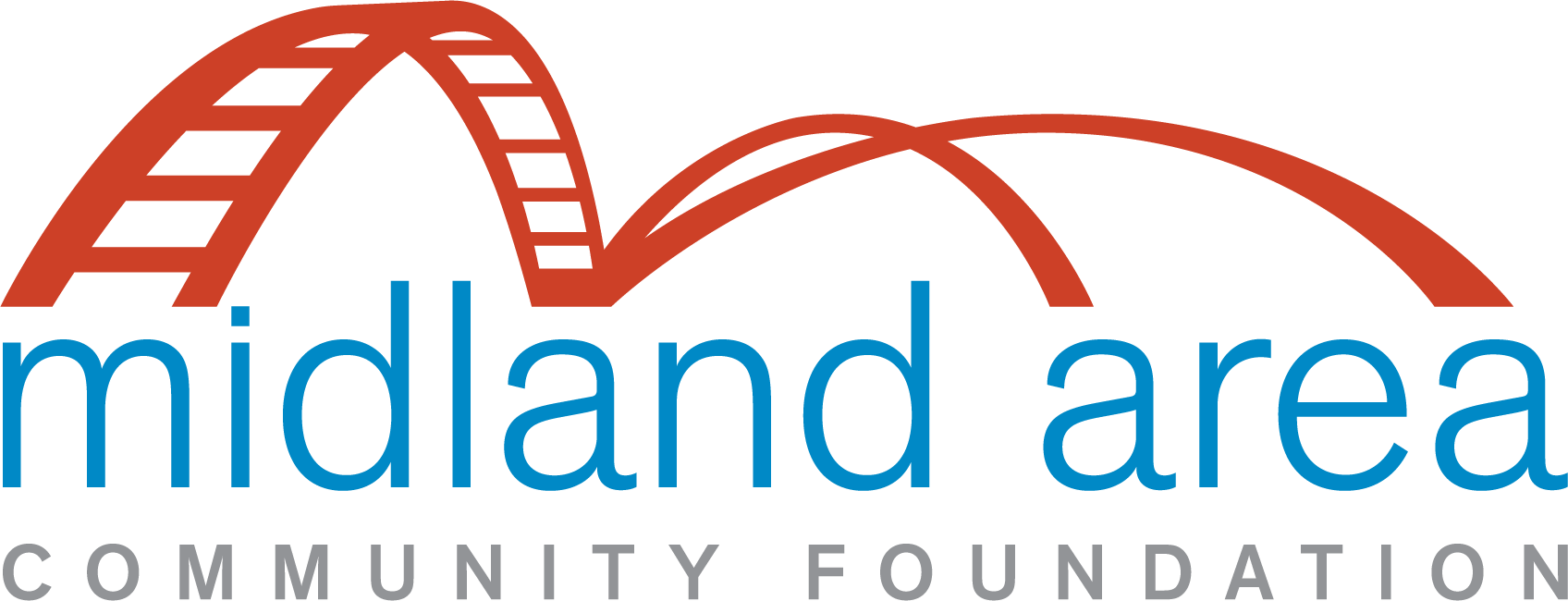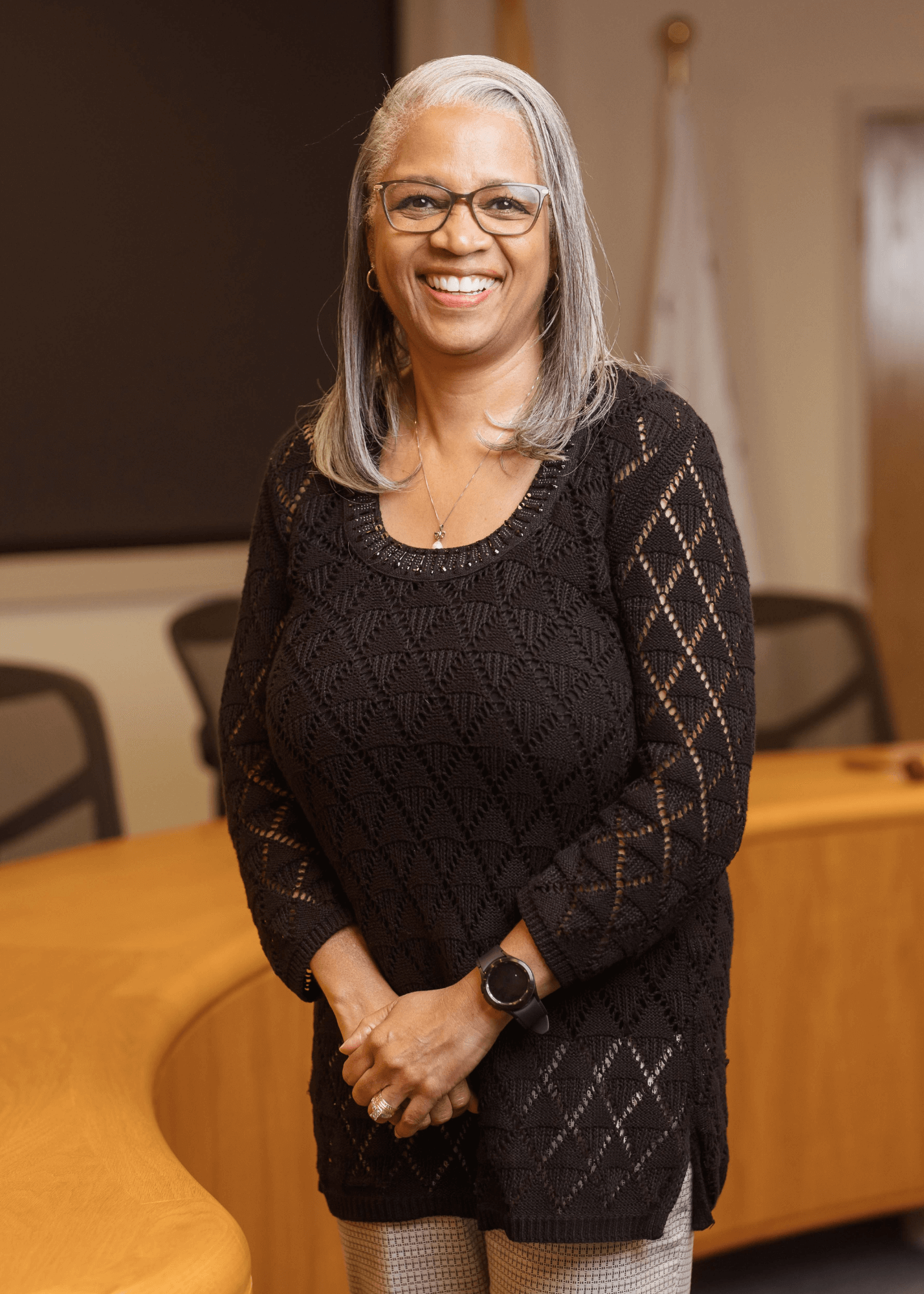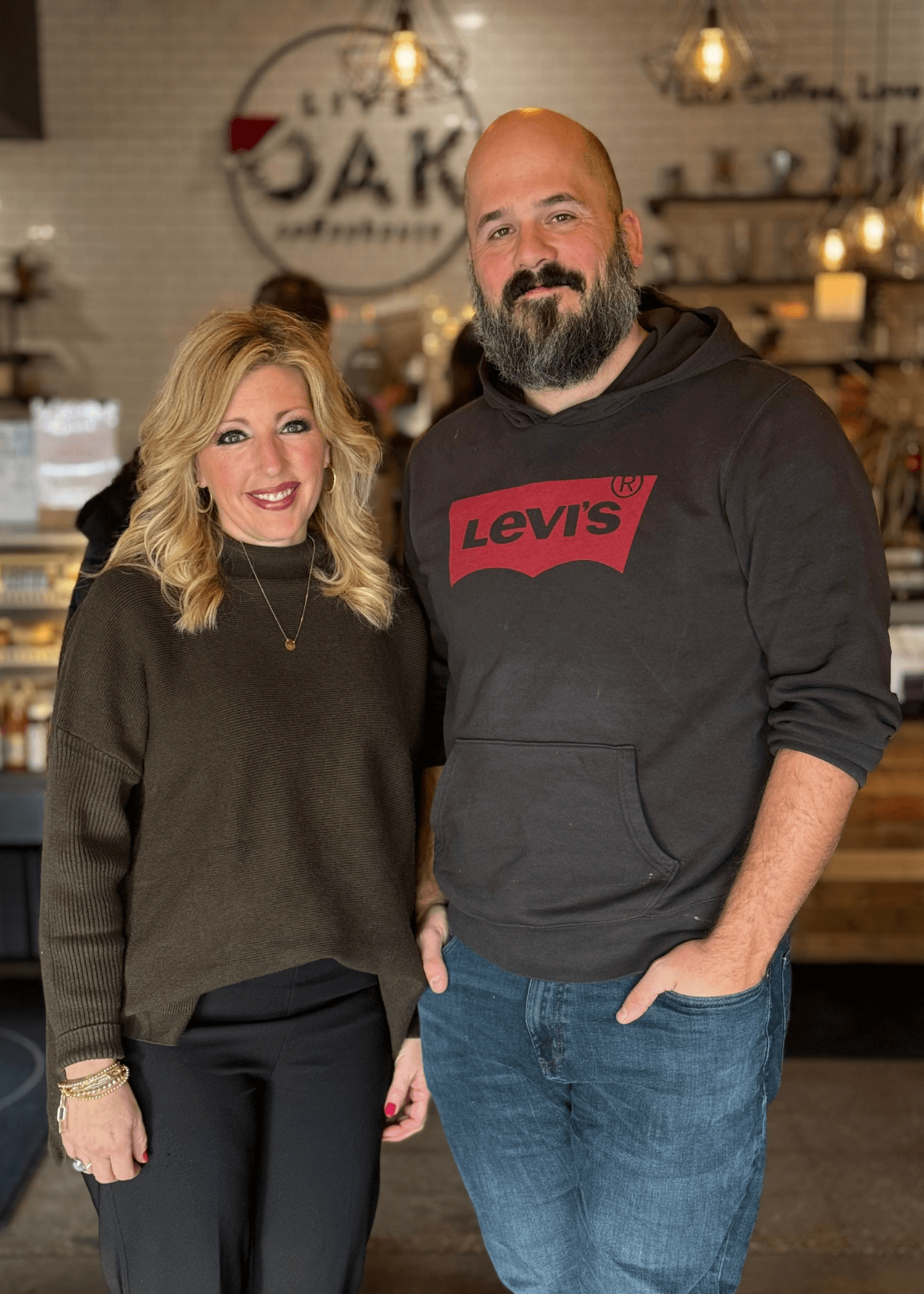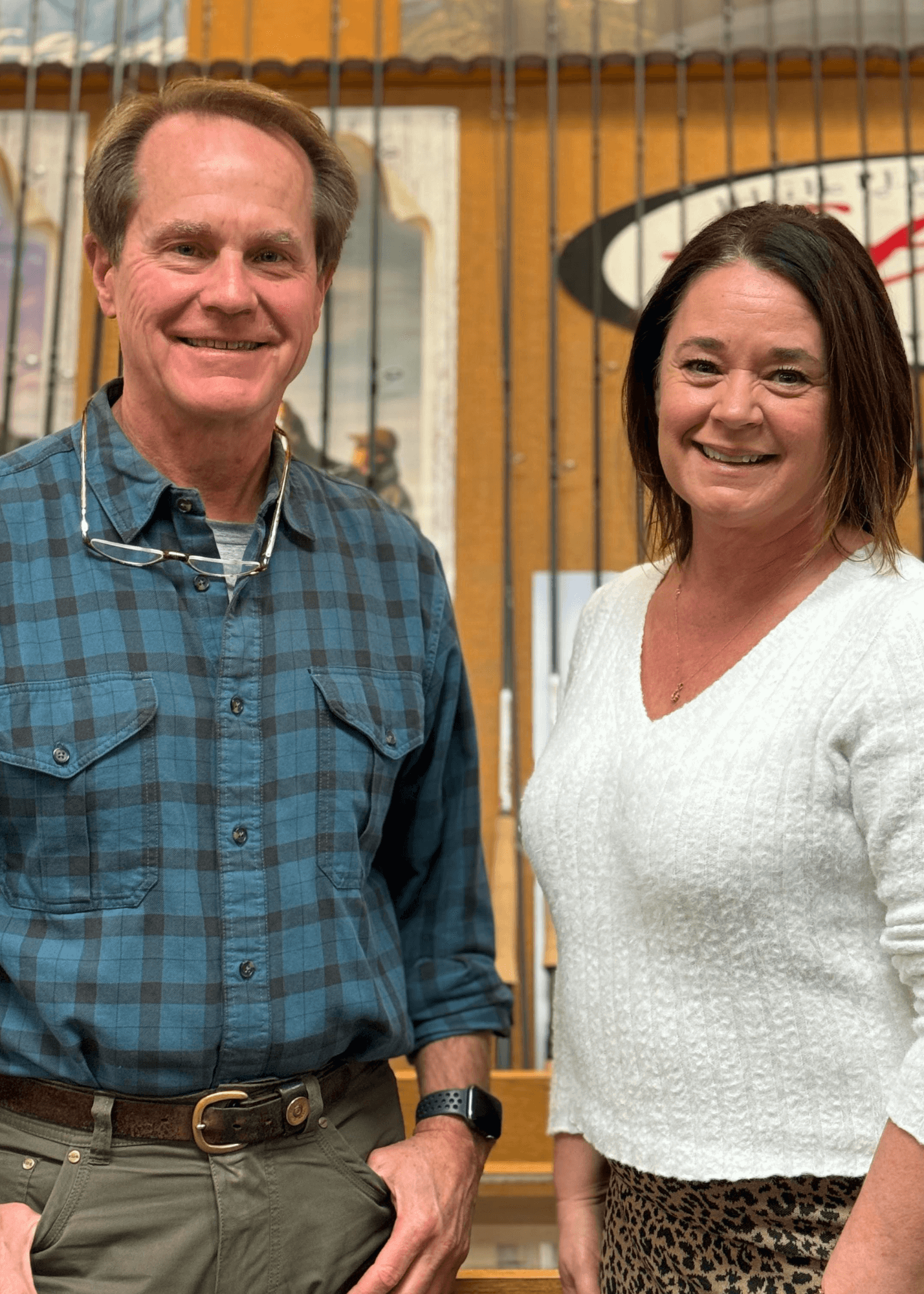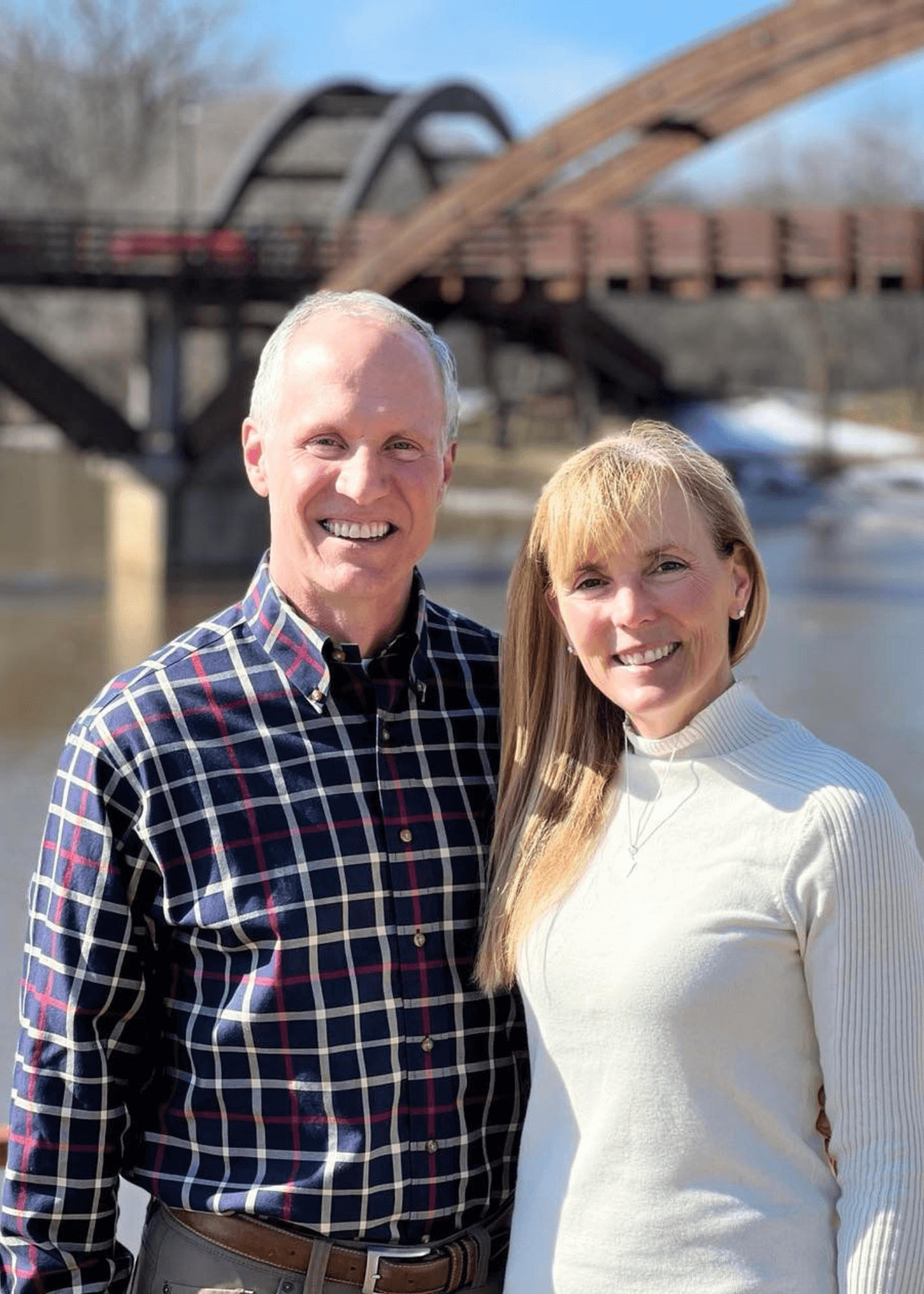“Back in 2020, at the time of George Floyd and everything that was happening around that event, we said we wanted our community to be proactive instead of reactive. So the mayor, police chief, and I put out a statement to the city, acknowledging that what happened was wrong. We also acknowledged that while Midland has come a long way—huge changes for the good—the work wasn’t done.
We are looking to be a community where everybody thrives. Not just some, not just those perceived as to be the elite. Regardless of where someone is in life, we want them to feel like they belong here and are a part of this community where they live, work, and play.
If you feel that you have a voice, and your voice isn’t being heard, that’s not a good thing, so we wanted to say, ‘We know we have more work to do. Let’s have some discussions because we hear the frustration. We hear the issues, and we need to do more, and we need to do better.’
So we partnered with the Midland Area Community Foundation. Their Midland Area Cultural Awareness Coalition had already been doing the work, along with other programs in the community, of getting everyone to feel a sense of belonging. Creating the We Hear You coalition was one more step towards reaching that goal.
The name ‘We Hear You’ is important because listening is the only way we’re going to get better than we already are. We would love to hear from everyone in our community. At our council meetings, we have some that are very good at sharing their opinions, but they don’t represent the whole city, so we need to hear from more voices. Now, there’s a difference between listening and listening. One is, ‘Oh, they’re young, and they don’t know what they’re talking about,’ and the other is, ‘Tell me more about that. Help me understand. Allow me to ask more questions to make sure not only am I hearing, but also understanding.’
We wanted to both listen and understand, so we put together a group and sent out a survey to the community, asking things like, ‘What are we doing well? Where can we improve?’ and encouraged people to include any other comments and questions they wanted to share.
We had a lot of responses, more than any other community survey. But we also knew the survey didn’t reach everybody, so we went to a couple areas in town we suspected people didn’t know about the survey or have a voice. We created posters, walked around, and put them in everybody’s mailboxes. We talked to people in person and brought back what they said back to the committee.
A lot of the responses confirmed what we were thinking, and some were new. We took those responses and turned them into action plans.
One issue: our community needs to get to know our police officers and police department better, so we took that information and created a three-year action plan focused on things they will be doing to educate the community and that will allow the community to get to know them. One example is that we have community resource officers now. They’re out at events doing their job while also reaching out to the community.
Then there’s housing. It’s no secret that attainable housing is needed in Midland. When we say ‘attainable,’ for us, it means; it doesn’t matter what your income is; there should be a house or form of housing in Midland that you can afford.
Another thing we’re focusing on is employment. We have a number of people who are unemployed. How do we get them the skills they need, especially after the pandemic? Two things we’re looking at are providing free training to learn important skills and creating apprenticeship programs in the community with local businesses.
This work is important for many reasons, one of them being that what our children see here and how they feel when they’re out in the community determines our future. Because they’re the next generation, we need to ask: are they thinking, ‘You know what? I really love Midland. I love that I feel a part of it and I belong, and I want to come back when I’m done with school,’ or are they thinking, ‘The first opportunity I have to get out of here, I’m out’?
Our generation isn’t going to be here forever, so why not get the next generation involved now so they can be ready to lead when that time comes? Not everyone is open to new ideas, and if you listen to the next generation, their thought processes, their mindsets, and things that are important to them can be very different from what we’re used to. But they’re the ones that are going to be here when we’re not. They’re the ones who are going to have to make Midland what they want it to be, and they will. We need to listen to them.
We have metrics on our community dashboard to show, ‘Here’s where we were when we started, here’s what we’ve been doing, and how we’re moving that needle.’ Moving forward, we’ll probably meet once a quarter, and then, two years from now, we’re going to send the survey out again to see how we’re doing and evaluate our progress.
The Midland Area Community Foundation has been core to everything we’ve done. They supported the surveys, they already had the Cultural Awareness Coalition doing the work, and they had the expertise.
It’s been a pleasure working with and partnering with the Midland Area Community Foundation. I can guarantee you that if there are any other projects we need to work on, I’m going to go knocking on their door.”
